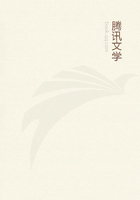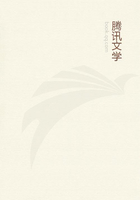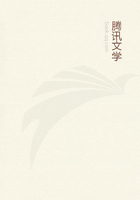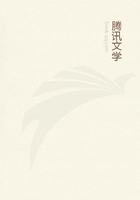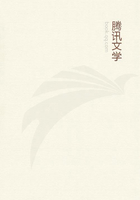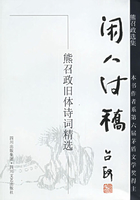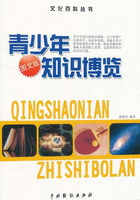Others have made similar inquiries into the economic history of medieval Germany, and their studies have induced some French authors, and among them M. Dareste, warmly to oppose the original but one-sided theory of Fustel de Coulanges.
Before passing to the direct study of the development of the Russian village community, I must recognise the fact that the long and sometimes violent struggle of the early Slavophils on behalf of the spontaneous origin of the mir, has been productive of the best results to the study of agrarian communism in Russia.
A comparison between the modern constitution of the mir and that described in old charters proves the widely different character of the two, while the differences between them support the theory of a natural evolution of the community, an evolution not yet completed in more than one part of the Empire. The difference which we trace between the past and the present of the Russian commune are the same which we see existing between the various modern forms of it in our own day. The study, therefore, of these forms and of their natural transformation may be of great help towards understanding the true origin and growth of the system. The opportunity -- I may even say the necessity -- of such a study is the more apparent on account of the lack of mediaeval documents concerning the early constitution of the mir.
Our sources of information are limited indeed; for several centuries, down to the end of the fifteenth, they are almost entirely wanting, and they only begin to be at all abundant during the last three hundred years. It is only, therefore, by a survey of the modern evolution of village ownership in some remote parts of Russia that we can get an idea of the various transformations which the commune has had to undergo before it reached its present condition.
The vastness of the area and the fact that certain parts of Russia remained for centuries unpeopled, partly on account of their physical condition, partly owing to their insecurity, due, as it was, to the periodical invasions of the Tartars, explain, to a great extent, why the character of the commune varies so much throughout the land. Its growth has been stopped in one place at an early stage, in another place at a later stage, of its development. We can trace these stages in some cases by charters and by legal and judicial documents, in others by the transformation of the commune into higher and more elaborate forms. It is only by the study of these documents and these forms that the Russian historian can hope to be able to describe the gradual development of the agrarian communism of his country. We will now consider the chief results which the application of this method has produced.
In the last lecture it was shown that the earliest mode of land tenure in Russia was the holding it in an undivided state by the members of a house community. This kind of a family communism is mentioned in the Pravda of Jaroslav at the end of the eleventh century, and continued to exist in the north and south of the country down to the seventeenth and eighteenth centuries. The chief characteristic of this holding consisted in the fact that, though the land remained undivided and lay open as it had done for centuries before, every member of the household, nevertheless, was the possessor of a share in the various fields belonging to the family. These shares were not equal, but varied according to rights of inheritance appertaining to each of the holders. Should the brothers and nephews decide on living separately, they would abandon the old system of using in common the produce of the early harvest, and divide the area of the arable land in unequa1 shares, proportioned to the rights of inheritance possessed by each member of the household. The extent of the shares was not fixed. The soil varied in fertility, and all the shareholders alike appreciated the advantages of vicinity; each partner, therefore, received the right to enjoy a certain portion in each of the fields possessed by the village.
These portions were not strictly defined, but, as a rule, represented the half, third, fourth, eighth, and so on, of the field according to the heritage which was acknowledged to belong to each partner.
Let us suppose the case of one commune, the family consisting of three brothers living and two nephews, the sons of a fourth brother deceased. The share of each of the brothers would be one-fourth part of each of the different fields in the village, whilst that of the nephews would not exceed an eighth. Each partner having a right to sell his ideal portion, or a part of it, to a stranger, as well as to a relative, the village would soon become occupied by neighbours owning the most unequal portions in field. These neighbours would maintain the obligations which common possession is apt to establish; the meadows for the greater part of the time would be kept undivided, subject here and there to a yearly distribution according to the wants of each homestead; but these wants being as a rule the same, the custom would prevail of dividing them into equal parts for the purpose of mowing.

